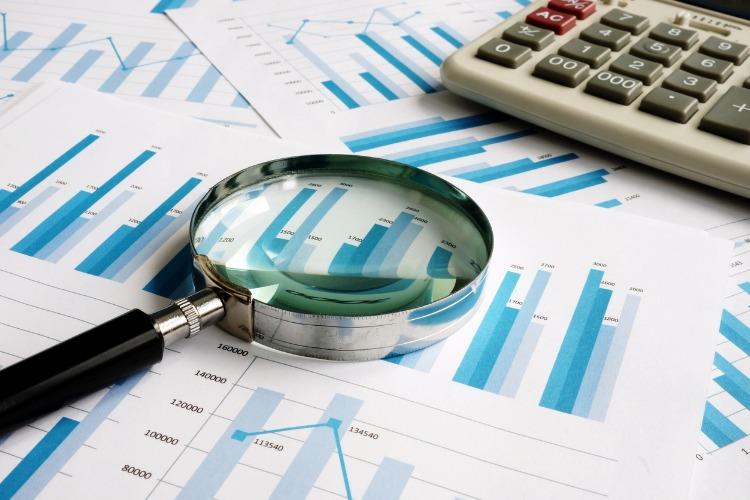How to value a business
The process of estimating a company's worth is called a valuation. All aspects of a company are considered to arrive at an accurate assessment of the whole and its constituent parts.
Many legal and financial situations call for an accurate assessment of a company's worth, such as during a sale, the distribution of partnership interests, taxation, or even a marital dissolution. Many business owners consult with outside valuation experts when trying to get a handle on how much their company is worth.
What are the basics of a business valuation?
Determining a price for your business can be tricky there is a lot that goes into consideration, which is why most people hire businessbrokers who help get you the highest price possible.
In corporate finance, the subject of business valuation comes up regularly. A business valuation is performed whenever a company considers selling all or part of its operations, a merger, or an acquisition. The term "business valuation" refers to estimating a company's value by considering all relevant factors and applying objective metrics.
Many factors can be considered when determining the fair market value of a business, such as the management team, the capital structure, the earnings potential, and the market worth of the assets. Each appraiser, company, and industry may have their own preferred method of appraisal. Financial statement analysis, discounted cash flow models, and comparisons to other businesses are all commonly used when estimating a company's worth.
As a result, valuing assets is essential for tax purposes. If you need to file taxes to the IRS, you must know what your company is worth in today's market. A company’s shares may be subject to taxation upon sale, purchase, or transfer of ownership, among other situations, because the tax liability is determined partly by the value of the transferring asset.
What are the methods of business evaluation?
Discounted cash flow method
The discounted cash flow (DCF) approach to business valuation is comparable to the earnings multiplier. The method uses forecasts of future cash flows and makes appropriate adjustments to arrive at a valuation reflective of the company's current situation.
Earnings multiplier
As profits are a more solid indicator of a company's financial success than sales revenue, the earnings multiplier can be utilized to acquire a more precise image of a company's true value. A future profit is multiplied by the earnings multiplier to account for the interest earned on the cash flow during the same time period. Simply put, it accounts for the current interest rate when calculating the P/E ratio.
Times revenue method
The time’s revenue technique estimates a company's value by multiplying its expected future cash flows by a factor that varies by sector and economy. A technology company, for instance, can be valued at three times its annual income, whereas a service company might be worth half as much.
Market capitalization
A company can be valued quickly and easily using its market capitalization. Market capitalization is determined by taking the company's current stock price and multiplying it by the number of outstanding shares.
Conclusion
This list of methods for determining a company's worth is by no means comprehensive. There are several other approaches to determining a businessess worth, like liquidation or book value, at the end this comes down to whether it is a service business or even if has any assets, and the list goes on.

